SLIIT BBA (Special) Honours: ADR Methods in Commercial Disputes
VerifiedAdded on 2020/12/29
|54
|3590
|253
Homework Assignment
AI Summary
This assignment from the Business Law module explores Alternative Dispute Resolution (ADR) methods, crucial for resolving commercial disputes. It begins by highlighting the limitations of traditional litigation, such as delays and high costs, and introduces ADR as a more efficient alternative. The assignment details various ADR methods, including Arbitration, Mediation, Conciliation, and Ombudsmen Schemes, with a specific focus on their application in Sri Lanka. It explains the advantages of ADR, such as privacy, flexibility, and cost-effectiveness, while also acknowledging potential disadvantages. The document outlines the legal framework for ADR in Sri Lanka, including the Arbitration Act and the Mediation Boards Act, and discusses the roles of mediation and conciliation in settling commercial and other disputes. The assignment further examines the Commercial Mediation Center of Sri Lanka and its role in promoting ADR, providing a comprehensive understanding of ADR mechanisms and their benefits in resolving conflicts efficiently.
1 out of 54
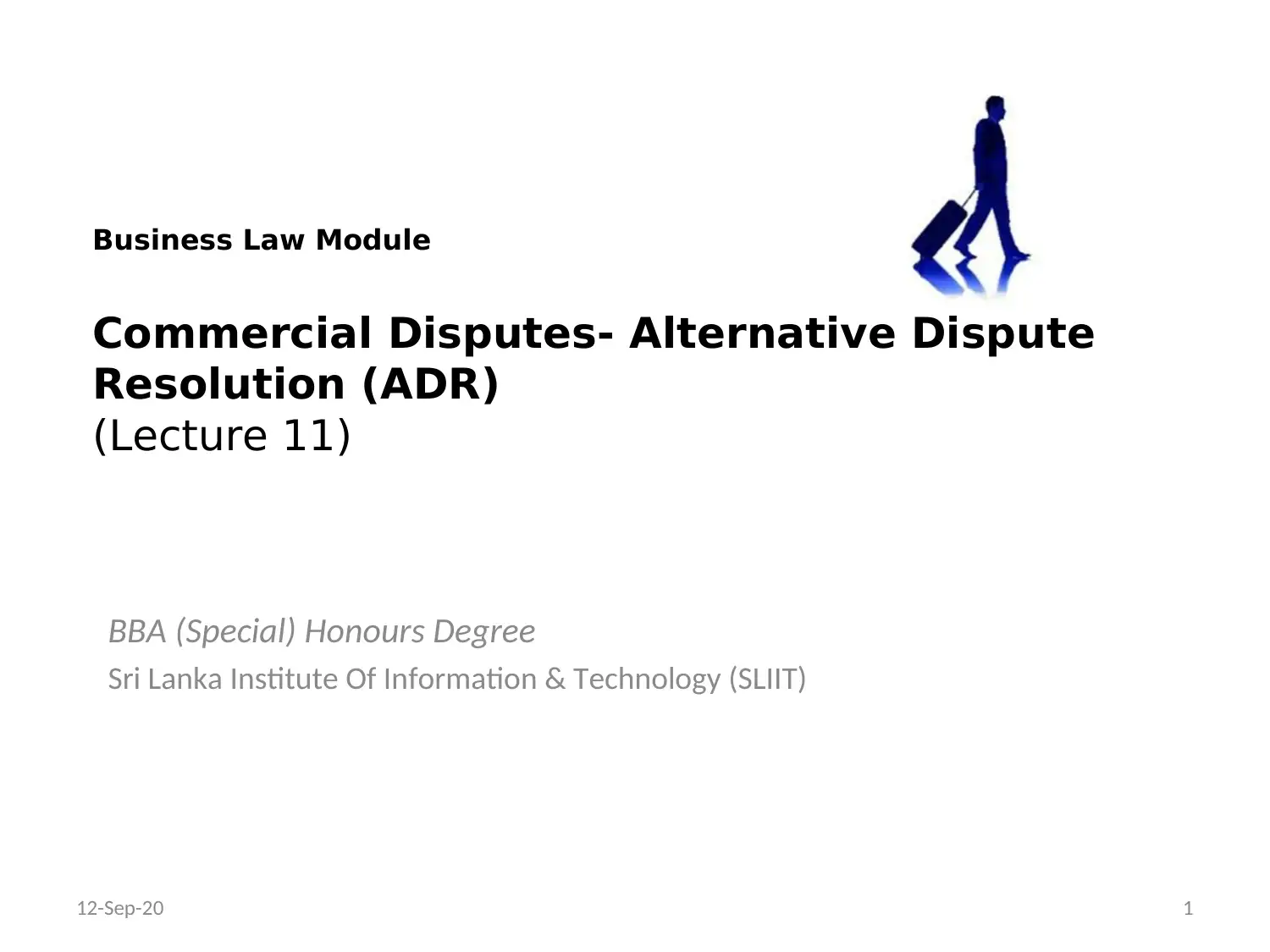
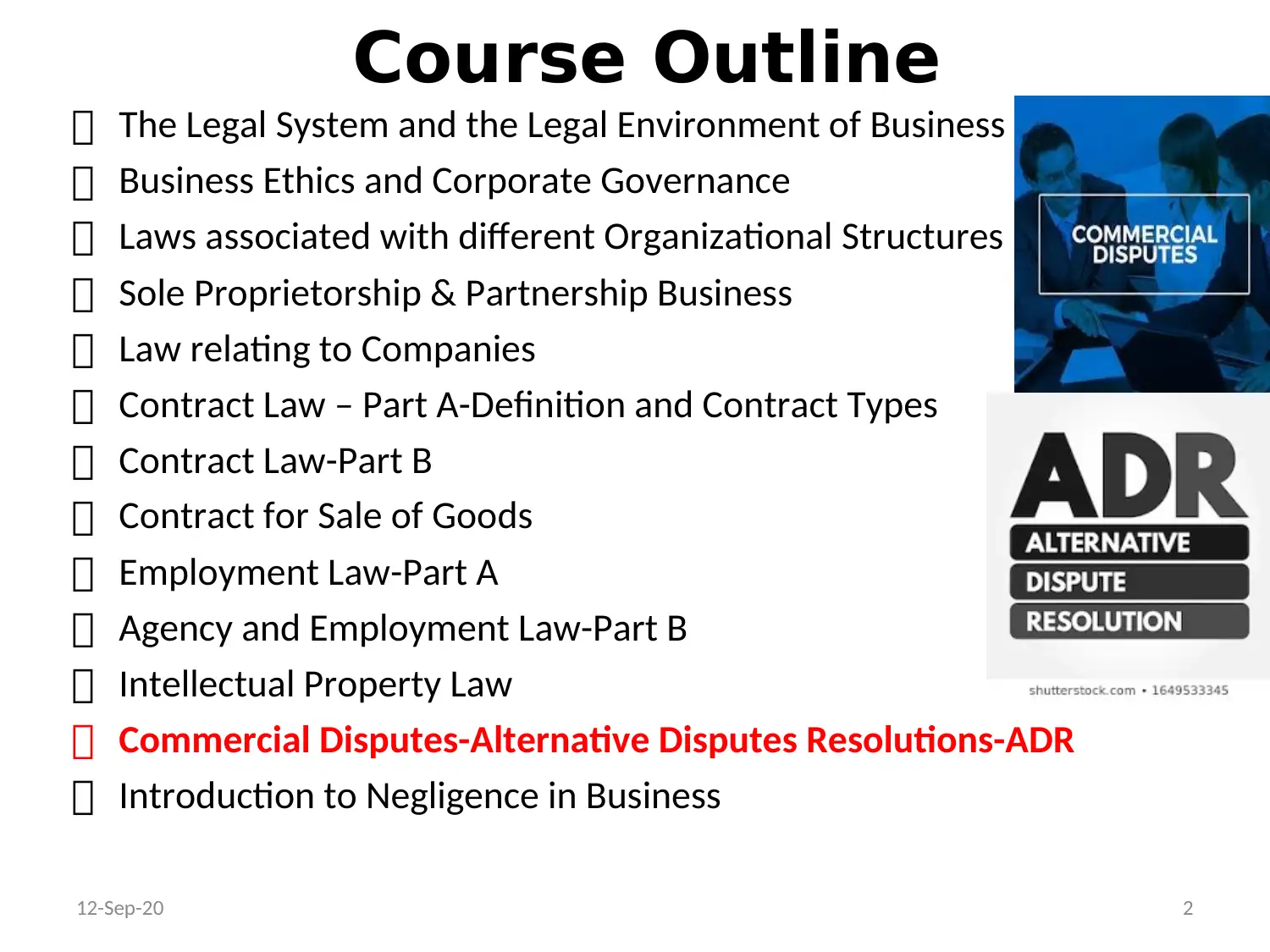
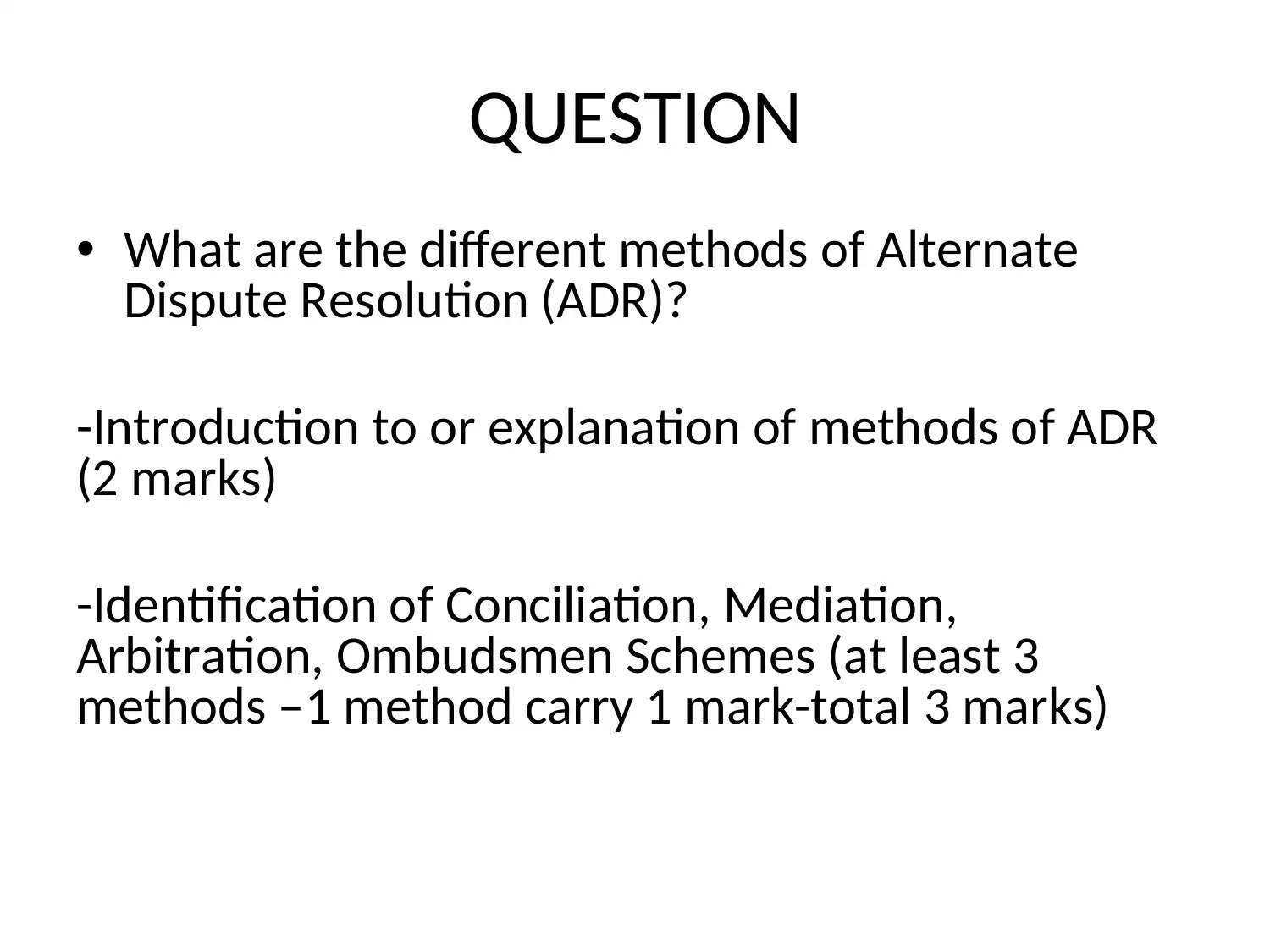

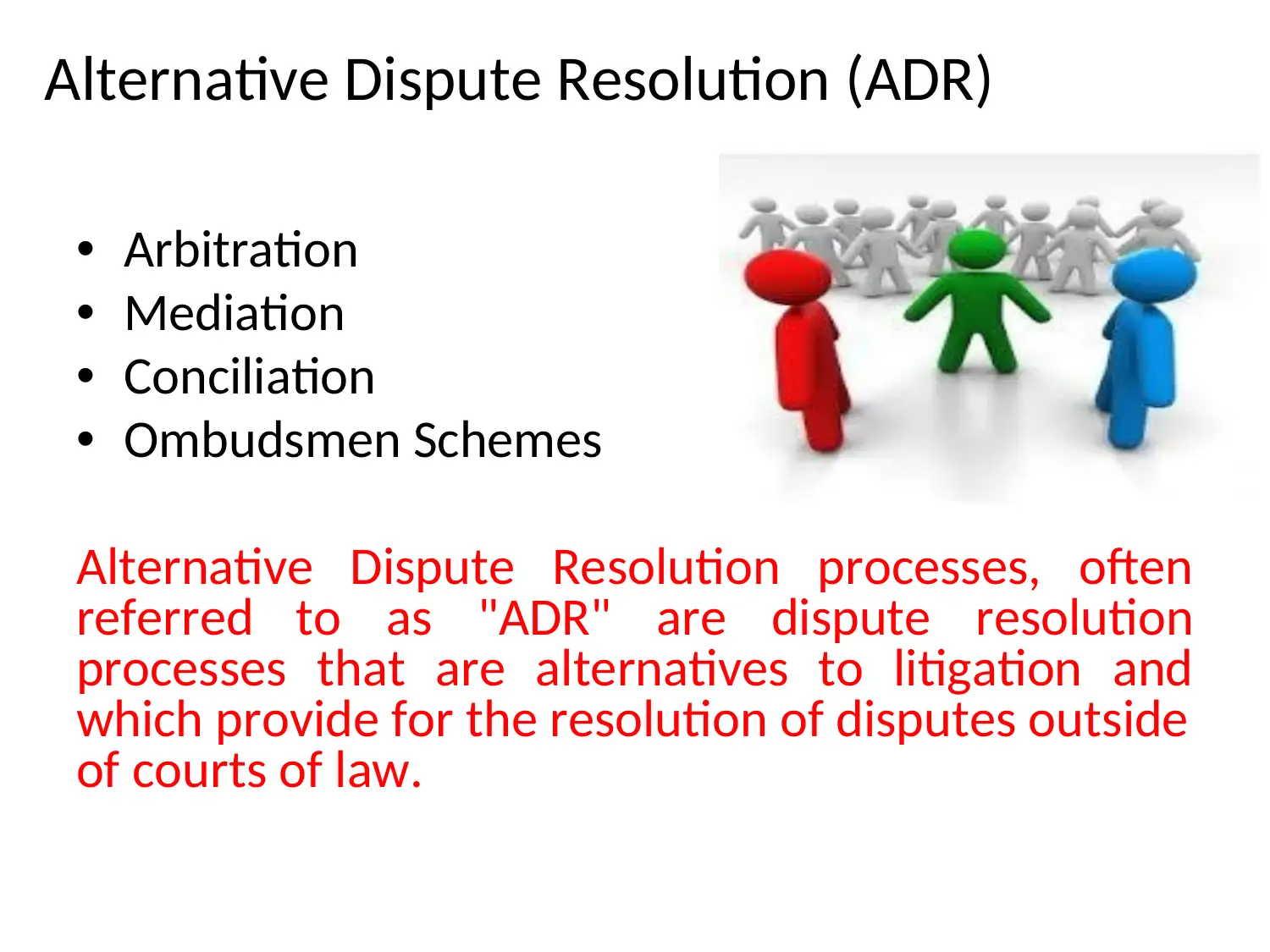
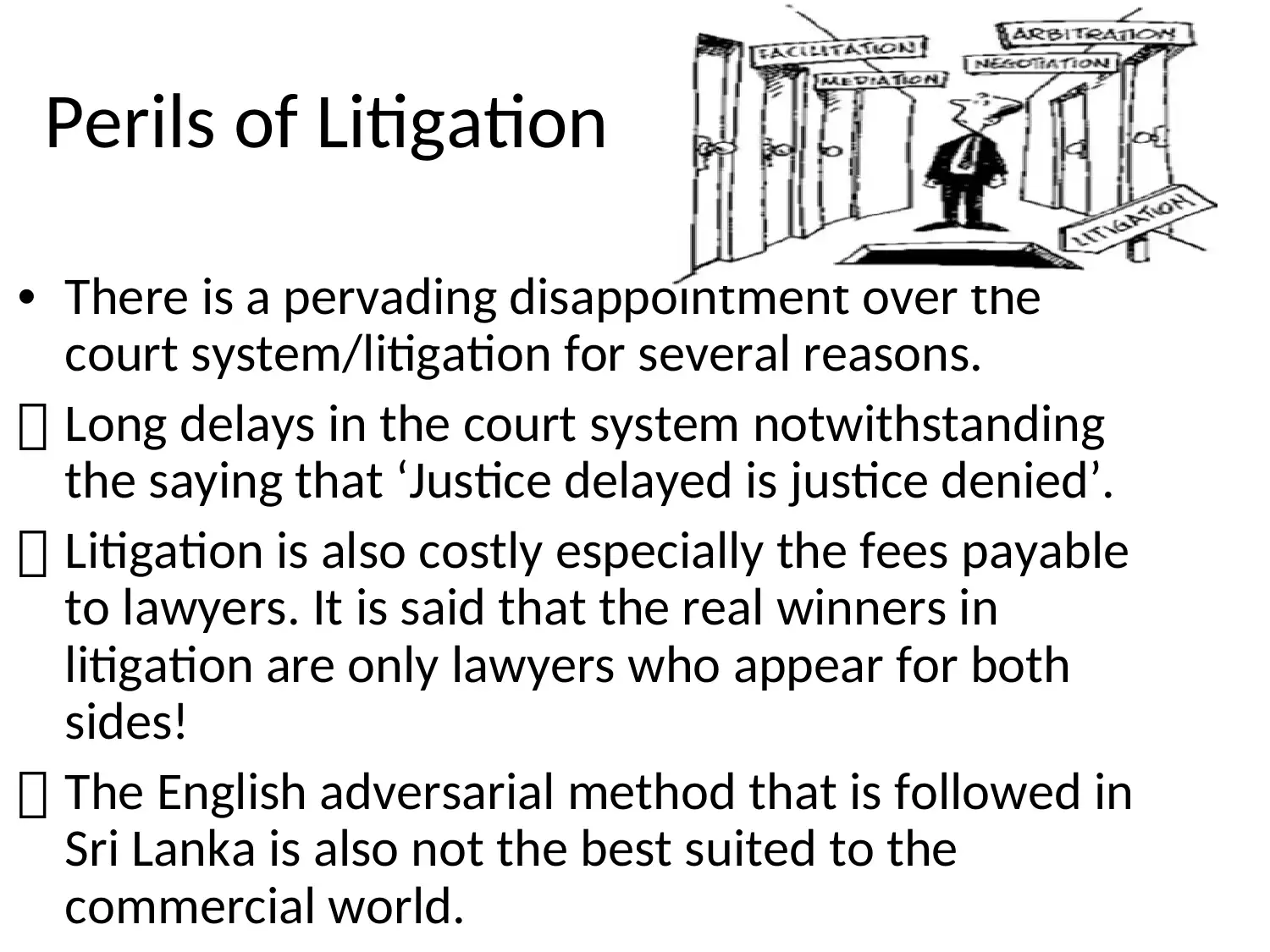
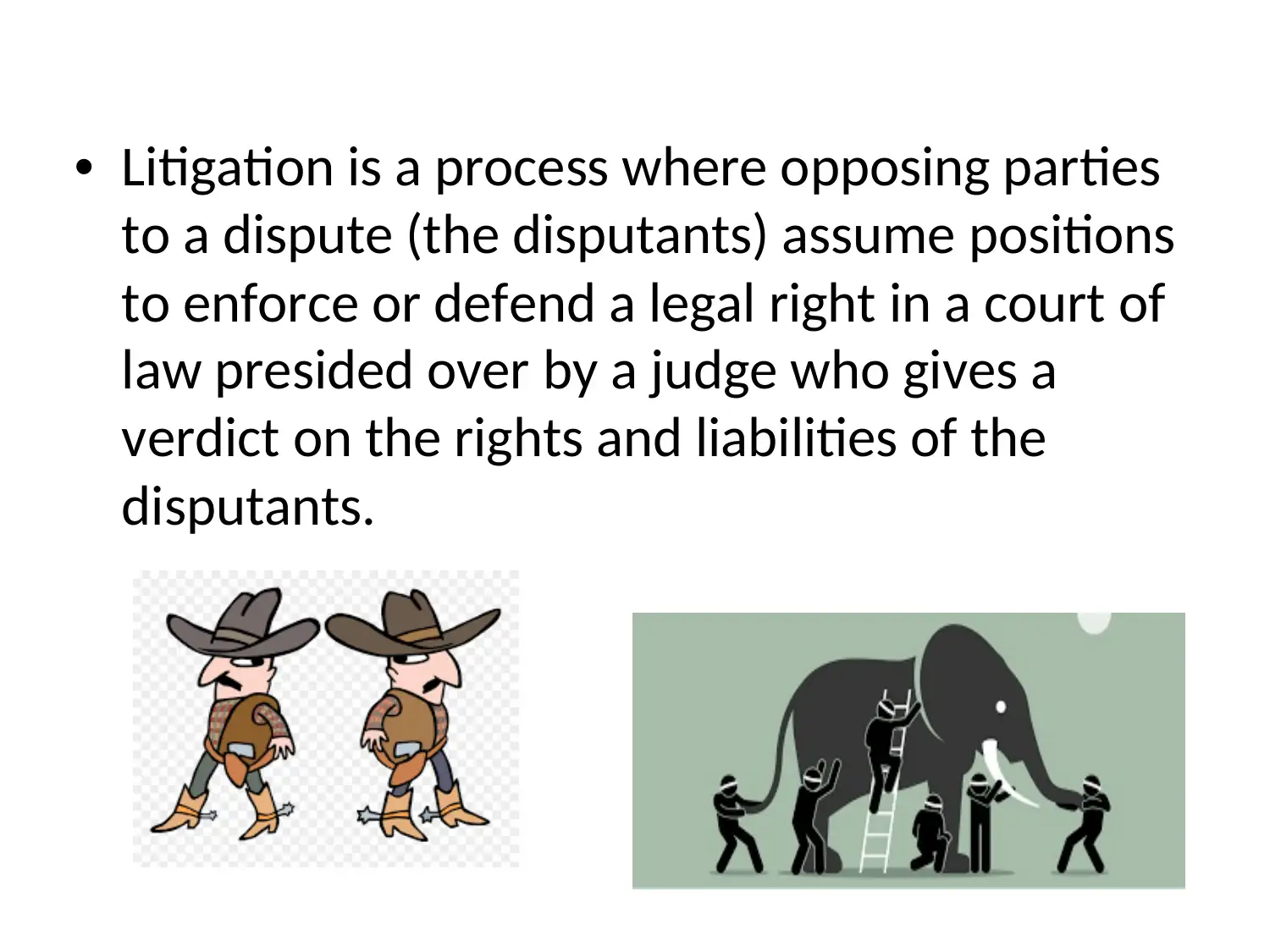
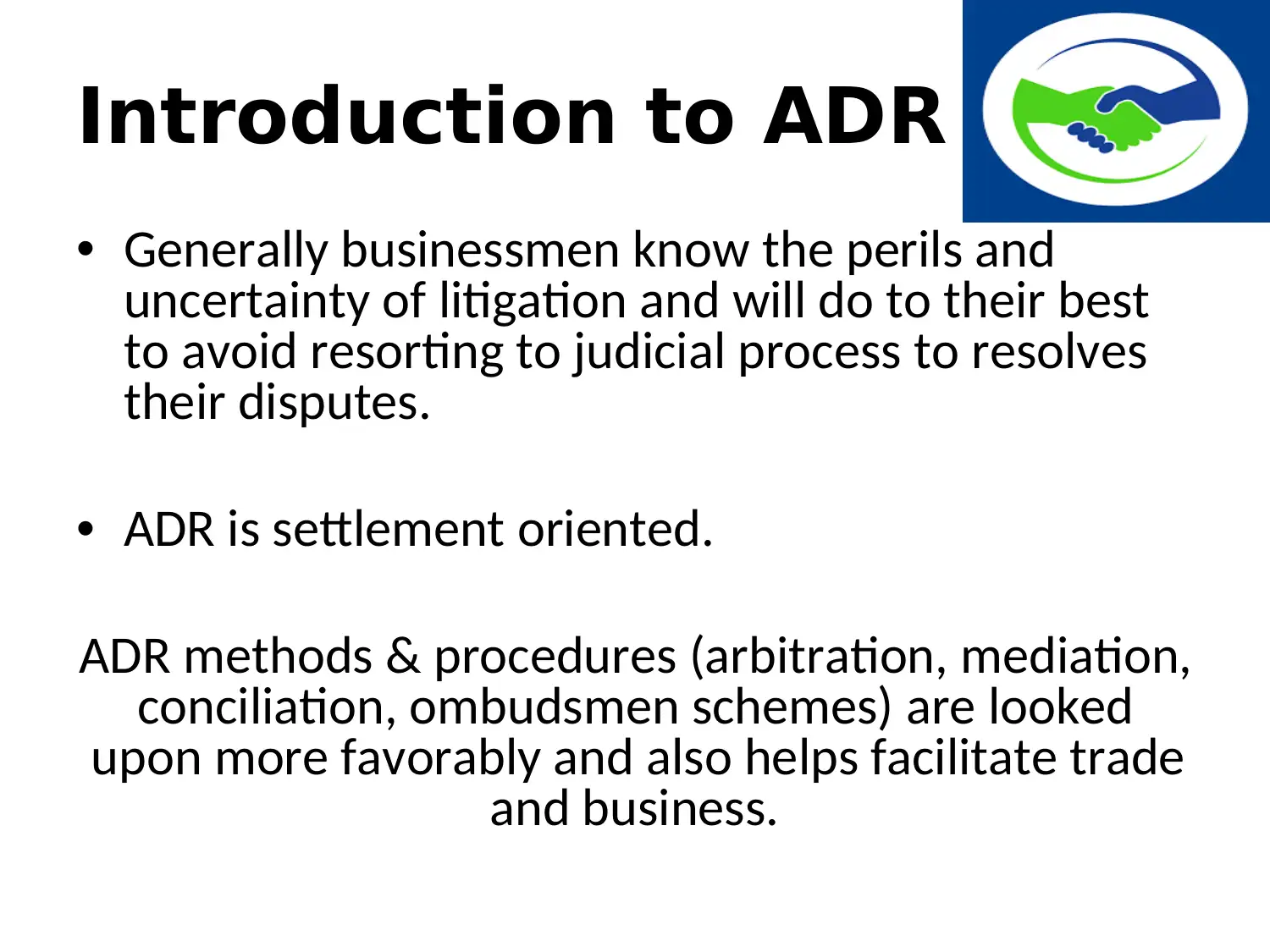
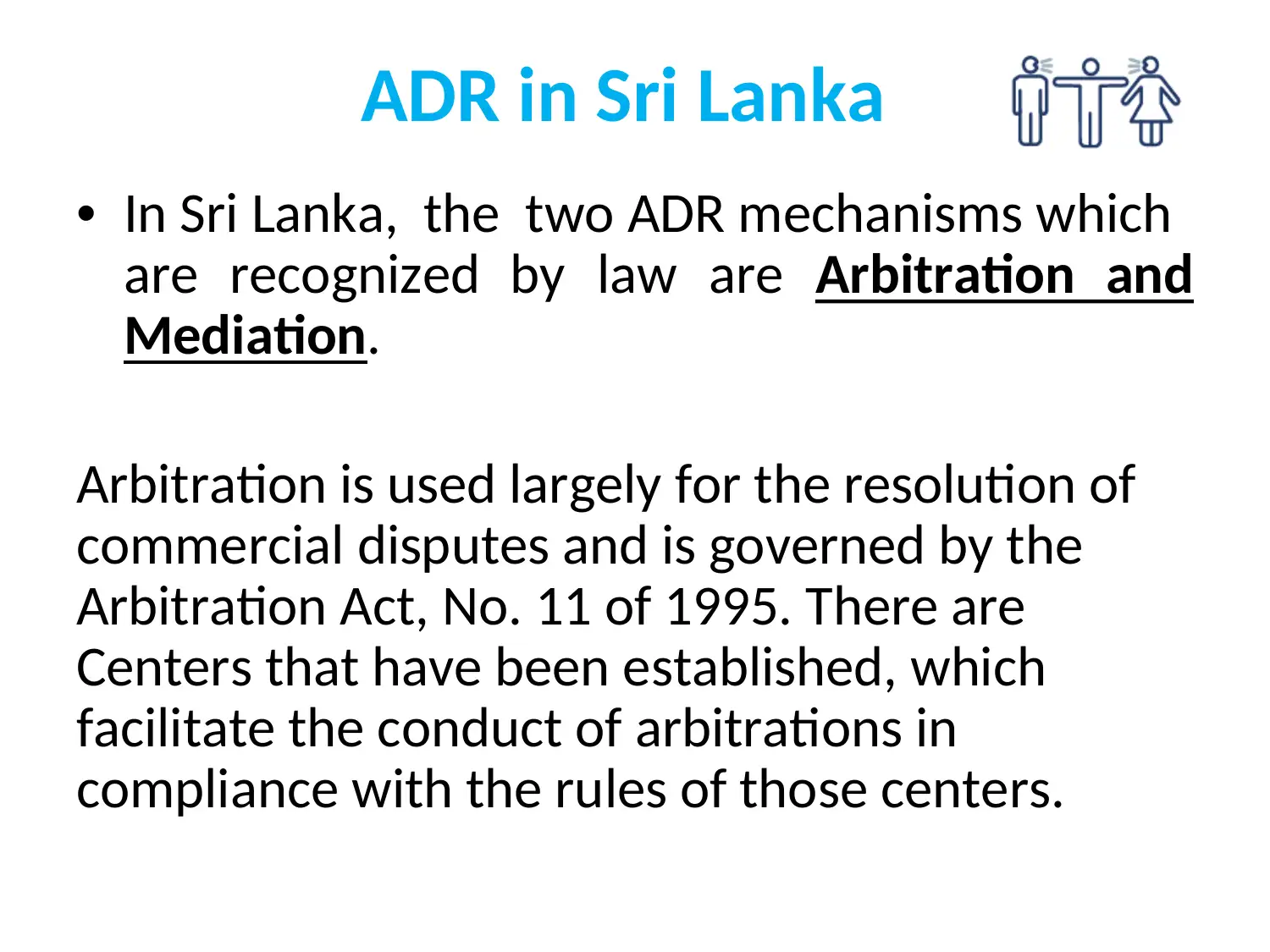
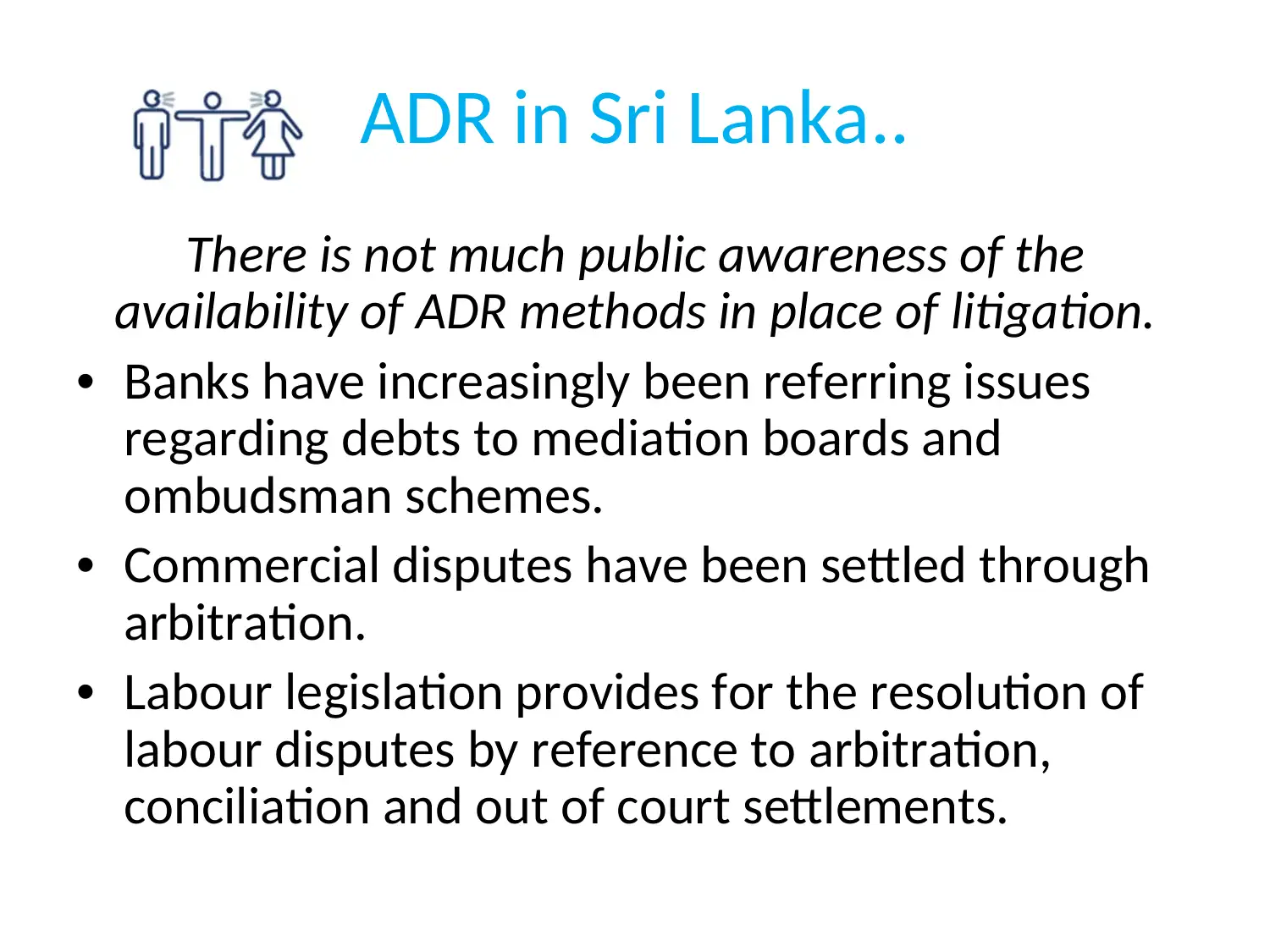

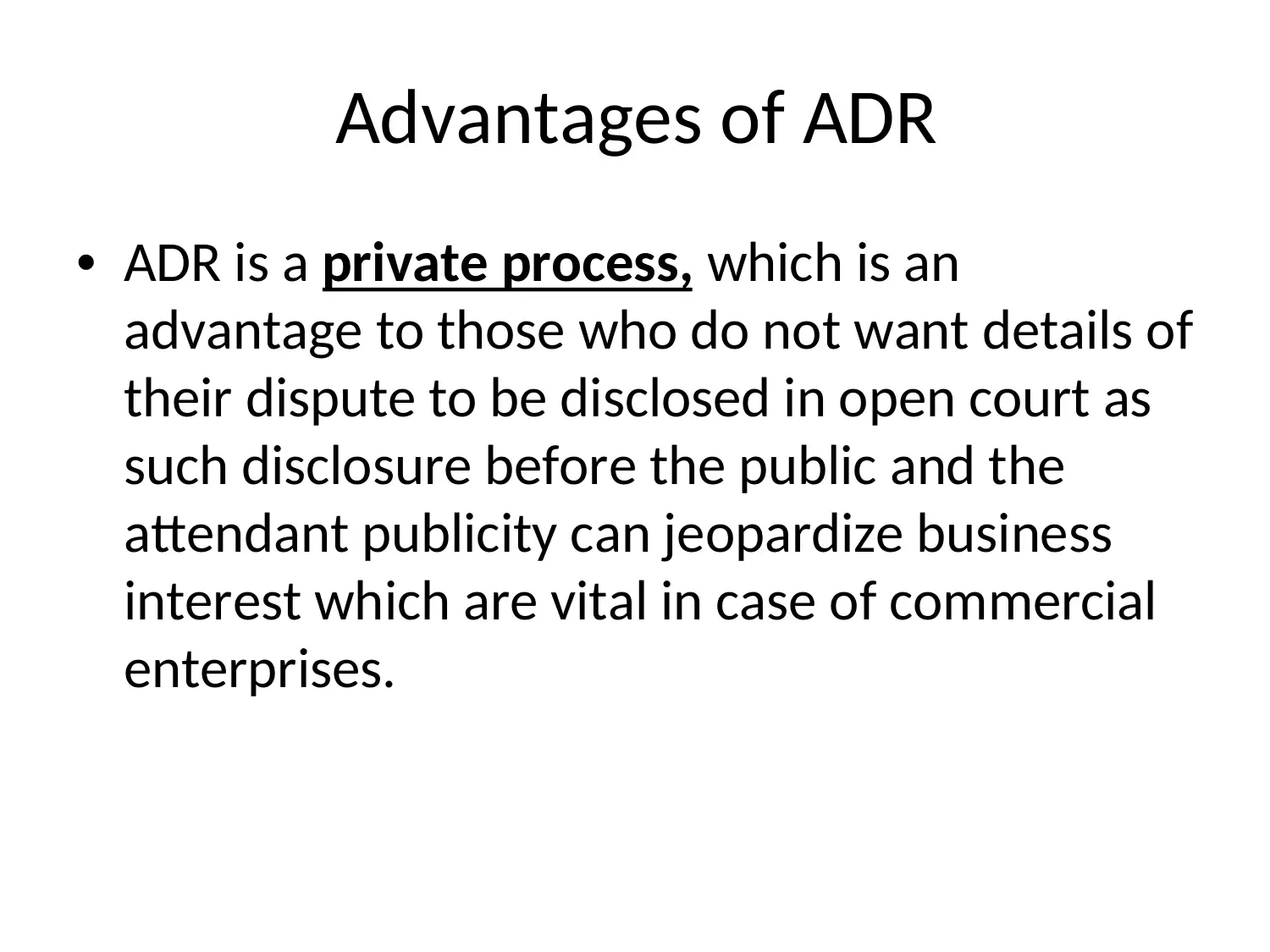
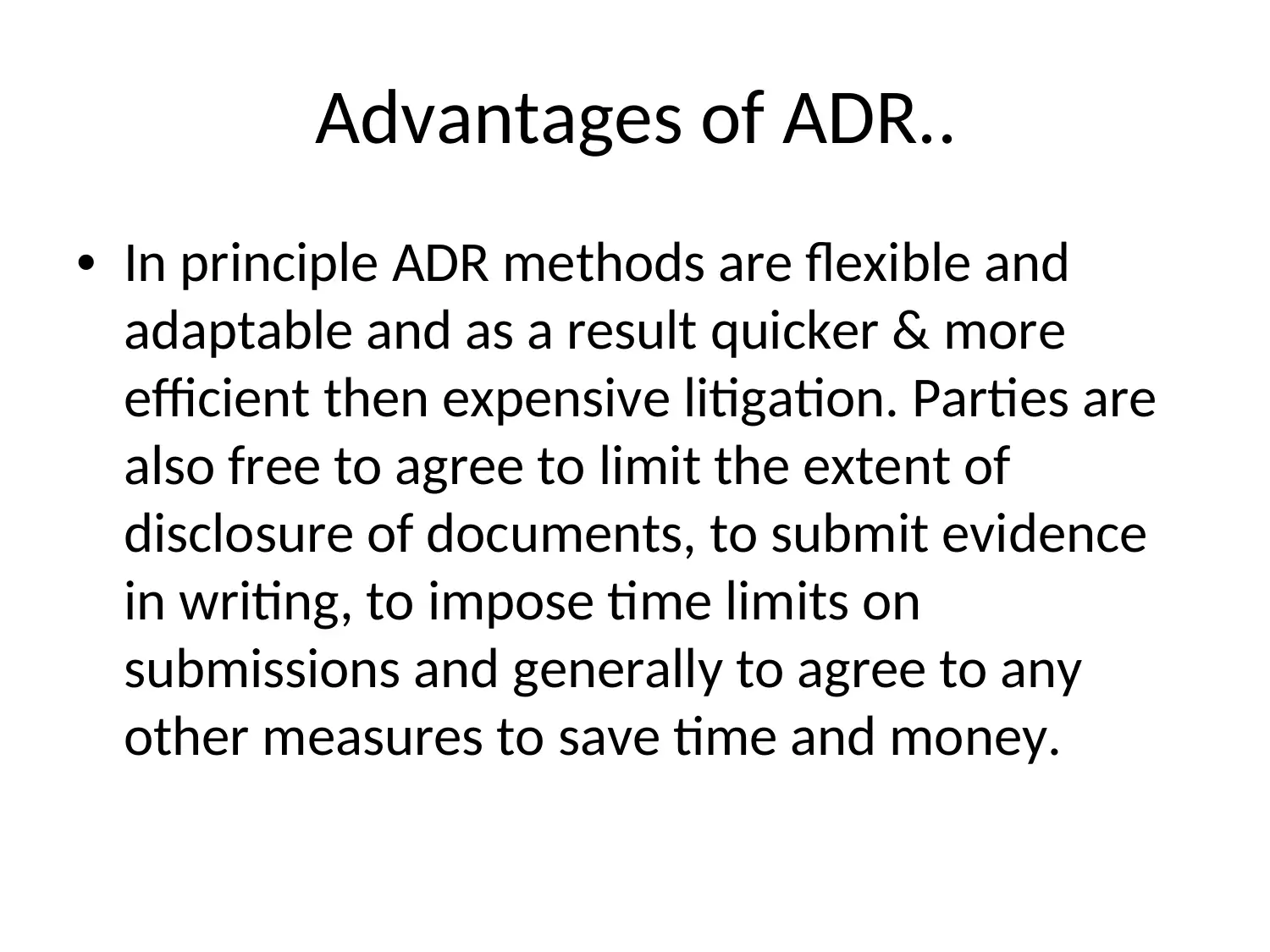






![[object Object]](/_next/static/media/star-bottom.7253800d.svg)